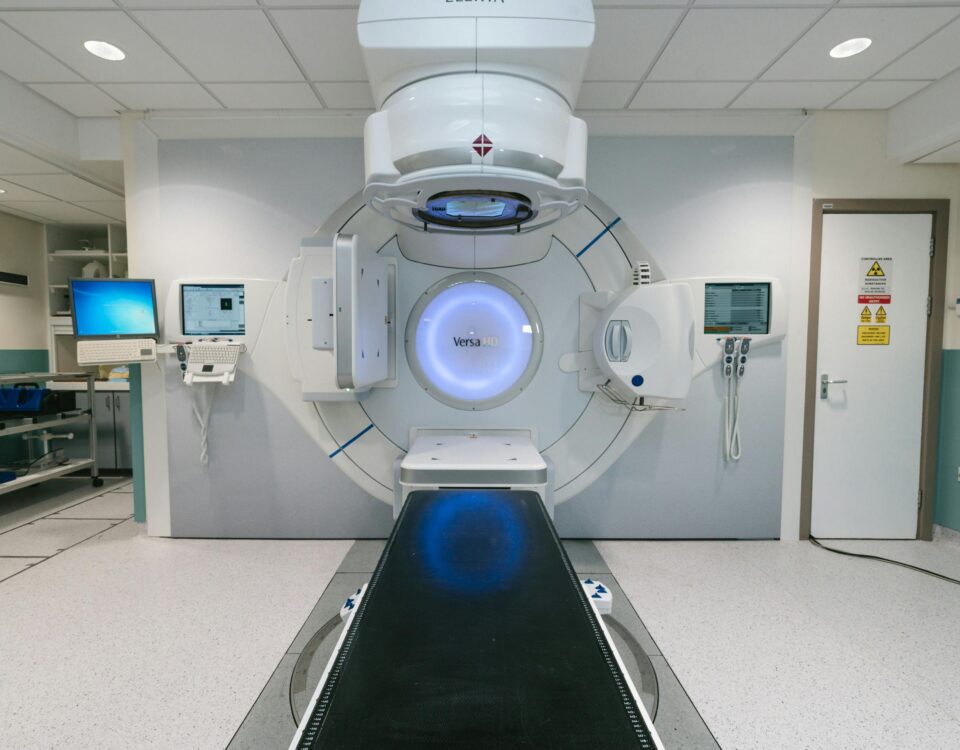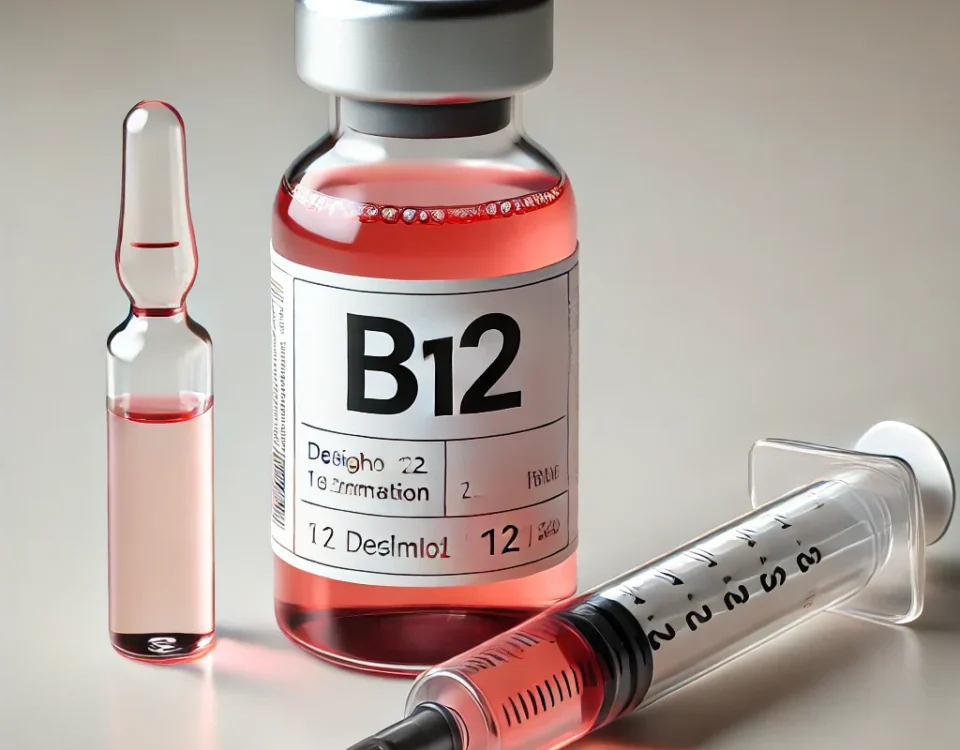
Tips for Managing Sleep Apnea
October 2, 2025
Understanding the Long-Term Effects of Radio Frequency Ablation
October 2, 2025A primary care physician (PCP) plays a key role in managing long-term health, and preventive health strategies are a central focus of their practice. Rather than only responding to acute illnesses, PCPs work to identify risk factors early and intervene before conditions become more serious. As a consistent point of contact, the PCP develops a partnership with each patient; this can support better health outcomes through regular monitoring, personalized advice, and proactive planning. Here are several ways primary care doctors support preventive health:
Establishing a Health Baseline
Establishing a health baseline is a fundamental aspect of preventive care, and this process involves routine physical exams and health screenings tailored to individual needs. During each visit, a PCP collects detailed data about medical history, family health trends, and current lifestyle factors. Physical exams may include monitoring blood pressure and heart rate.
Maintaining this information provides a reference point for the future. The primary care doctor can track any changes and identify key trends that may signal developing concerns. Ongoing documentation is also helpful for risk assessment and planning. If a patient’s blood pressure gradually increases over several visits, the doctor can intervene early. They’re able to recommend lifestyle changes or medication, potentially preventing long-term complications like heart disease or stroke.
Conducting Routine Health Screenings
Routine screenings can help address risks at an early stage. PCPs select which screenings to use based on the patient’s age, sex, and specific risk factors. This proactive approach can identify key issues while they are still manageable.
- Chronic Condition Screening: Screening protocols typically include blood pressure checks and blood tests for conditions such as hypertension, elevated cholesterol, or type 2 diabetes. The data is then reviewed and used in future decisions.
- Cancer Screening: Following established guidelines, PCPs recommend or refer patients for specific cancer screenings. These may involve procedures such as mammograms, Pap tests, or colonoscopies.
After reviewing the results, the doctor discusses the next steps with the patient, offering helpful recommendations to address any emerging findings. This ongoing process is designed to support informed and timely intervention.
Managing Immunizations and Vaccinations
PCPs keep up-to-date records to make sure patients follow the recommended schedules published by public health authorities. This includes childhood vaccinations, adult boosters, and seasonal influenza shots. By staying current with immunizations, primary care practices help support both individual and community health by preventing infectious diseases.
Providing Lifestyle and Wellness Counseling
Primary care doctors can address topics including nutrition, physical activity, weight management, and tobacco cessation. During consultations, a PCP reviews daily routines and offers tailored, evidence-based guidance. The goal is to enable patients to make choices that align with their health goals. This ongoing counseling may also help identify and support behavior changes necessary for effective prevention.
Visit a Primary Care Provider Today
A PCP plays a fundamental role in delivering comprehensive preventive care. By helping patients establish a health baseline, coordinating routine screenings, managing immunizations, and offering personalized guidance, primary care doctors support long-term wellness at every stage of life. They can also provide sick visits to diagnose and treat acute illnesses. Schedule an appointment today to discuss preventive strategies tailored to your lifestyle and goals.





